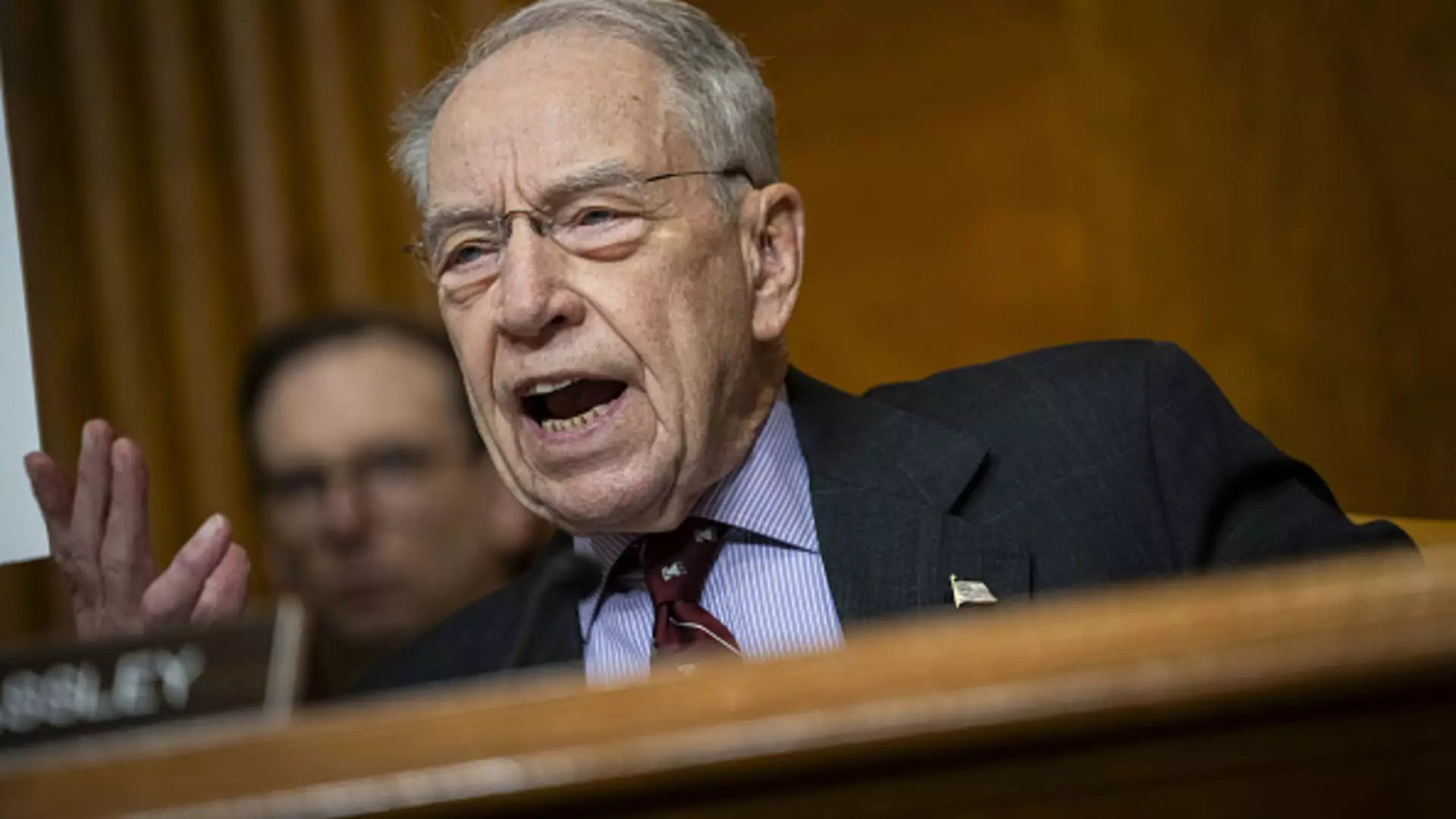In a recent Senate Budget Committee hearing, lawmakers and experts discussed various Democratic proposals for increasing taxes on corporations and wealthy Americans. The proponents of these plans argue that higher taxes are necessary to address income inequality and reduce the federal budget deficit. Joseph Stiglitz, a professor of economics at Columbia University, emphasized that higher taxes on corporations and the wealthy would create a more equitable tax system, generate more revenue, and promote economic growth.
Despite the arguments in favor of higher taxes, there are also opposing views within Congress. Senator Chuck Grassley from Iowa highlighted the lack of broad support for some of the proposed tax increases, such as reforms to carried interest. These reforms were initially included in the Inflation Reduction Act but were ultimately removed before the bill was passed in the Senate. Senator Mitt Romney of Utah expressed concerns about the unintended consequences that many of the proposed tax increases could have on the economy.
The Tax Cuts and Jobs Act of 2017, enacted under former President Donald Trump, implemented lower federal income brackets, raised the standard deduction, and doubled the estate and gift tax exemption, among other provisions. However, without action from Congress, more than 60% of filers could face higher taxes once the TCJA provisions expire after 2025. Extending these provisions would come at a high cost, potentially adding $4.6 trillion to the deficit over the next decade, according to the Congressional Budget Office’s May report.
President Joe Biden has expressed support for higher taxes on the wealthy and corporations, suggesting that these taxes could help fund an extension of expiring tax breaks for filers earning less than $400,000. While Biden’s tax proposals aim to address income inequality and reduce the federal budget deficit, the success of these initiatives will depend on the political landscape in Congress and the White House.
The future of tax policy in the United States remains uncertain, with debates over higher taxes on corporations and wealthy Americans at the forefront of political discussions. As lawmakers grapple with the decision on expiring tax breaks, the balance between addressing income inequality, promoting economic growth, and managing the federal budget deficit will continue to shape the direction of tax legislation. Ultimately, the outcome will be determined by the priorities of the party in power and the potential for bipartisan cooperation in addressing these complex issues.

